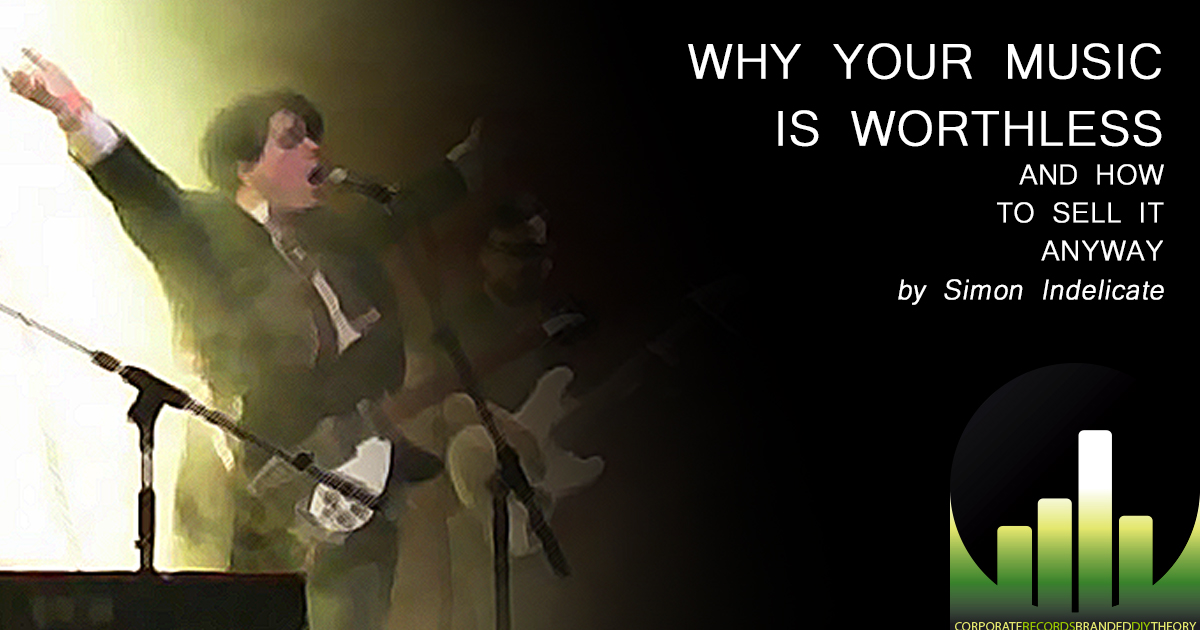- Joined
- Aug 20, 2017
- Messages
- 8,324
- Reaction score
- 24,051
Protection doesn't start when you put it out there though, any more than your lawnmower only becomes yours when you mow the grass. Even if something is never made commercially available, it's still illegal to plagarise it.This is the one where I disagree. I don't think you should get the protections of a whole legal system and the use of it's officers and enforcers if you don't actually make the work available. To me that's the tradeoff. If you want to write at home just for you then cool you do that. If you decide to put it out there and claim protection then you need to keep your end of the bargain and put it out there.
I can see an argument for archivists and academics having a free hand, but giving all unpublished works over to Google to monitise (which is the likely outcome of your proposed approach) strikes me as a step backwards not forwards.



 ?
?
 . I mean, I think I paid a fiver for John Wick's heroes game, and that's one I've only ran once, for a one-shot.
. I mean, I think I paid a fiver for John Wick's heroes game, and that's one I've only ran once, for a one-shot. ?
?

